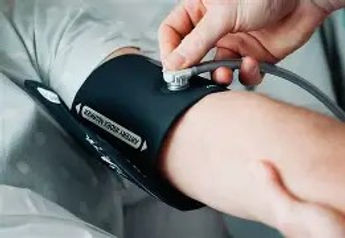Book your free consultation now! Click here or
call 941-334-3077

Hypertension


What is Hypertension?
Hypertension, or high blood pressure, is a condition where the force of blood against the artery walls is consistently too high. Over time, this can lead to serious health complications, including heart disease, stroke, and kidney failure.
Causes & Risk Factors
Several factors can contribute to hypertension, including:
-
Genetics – Family history plays a role in blood pressure regulation.
-
Lifestyle Choices – Poor diet, excessive salt intake, and lack of exercise increase risk.
-
Medical Conditions – Diabetes, obesity, and kidney disease can contribute.
-
Age & Stress – Blood pressure tends to rise with age and chronic stress.
Symptoms
Hypertension is often called the “silent killer” because many people don’t experience noticeable symptoms. However, severely high blood pressure can cause:
-
Headaches
-
Dizziness
-
Shortness of breath
-
Nosebleeds (rare)
Diagnosis & Treatment
Hypertension is diagnosed with a blood pressure measurement, usually taken at a doctor’s office or home using a monitor.
Treatment Options
Managing hypertension typically involves:
-
Lifestyle Changes – Eating a healthy diet, exercising regularly,
reducing sodium intake, and managing stress. -
Medications – Doctors may prescribe drugs like ACE inhibitors,
beta-blockers, calcium channel blockers, or diuretics. -
Polypills – New treatments like Widaplik, recently
FDA-approved, combine multiple medications into one pill
to simplify treatment.
Prevention & Management
To keep blood pressure under control:
-
Follow a balanced diet rich in fruits and vegetables.
-
Maintain a healthy weight. Exercise at least 30 minutes
most days of the week. -
Avoid excessive alcohol and tobacco use.
-
Monitor blood pressure regularly.
Get Professional Help
If you're concerned about hypertension, consult your healthcare provider for personalized treatment options.

